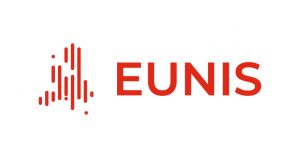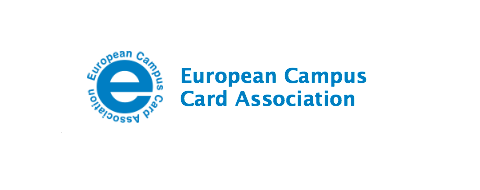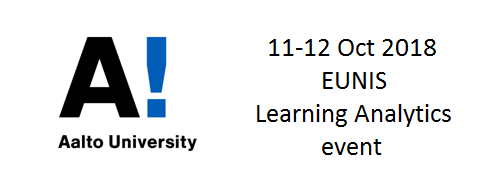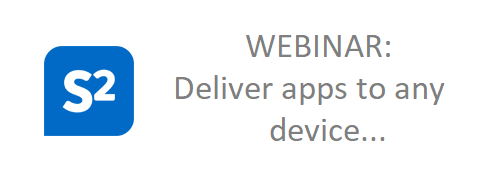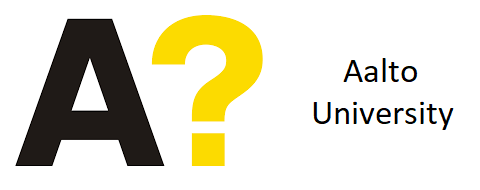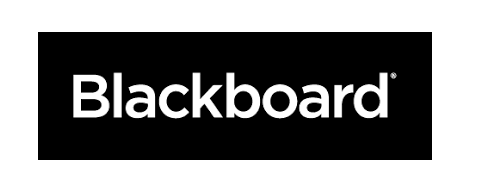Get Ready for Gen Z: The Future of ID Issuance Entrust Datacard in co-operation with the European Campus Card Association (ECCA) will host a webinar on 8th of October at […]
Category: Partners
EUNIS Learning Analytics workshop: 11-12 Oct 2018, Helsinki, Finland
EUNIS Learning Analytics workshop: 11-12 October 2018, Aalto University, Helsinki, Finland Effective use of learning analytics can deliver benefits for students, staff and institutions. This workshop will explore how we […]
Software2 webinar: Deliver apps to any device… Wed, 12 Sep, 11am CET
Webinar: Deliver apps to any device with AppsAnywhere and Parallels RAS Wednesday, 12 September, 11am CET (10am BST) Register for Software2’s upcoming webinar and learn how to deliver any Windows app to […]
Save the date: 11-12 October 2018, EUNIS Learning Analytics event, Helsinki, Finland
Save the date: EUNIS Learning Analytics event, Helsinki, 11-12 October 2018 Following the successful EUNIS learning analytics workshop in Manchester 2017 (see the outputs here), this workshop again offers a forum to learn, […]
Developing 21st Century e-Teachers: webinar series
Developing 21st Century e-Teachers: a webinar series on developing professional practice in digital teaching and learning. Students’ success requires that their educational experiences both reflects our current digital world and prepares […]
